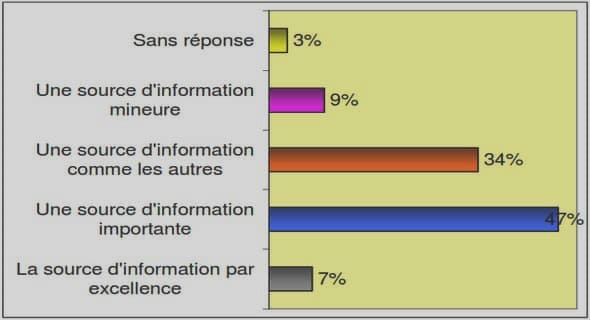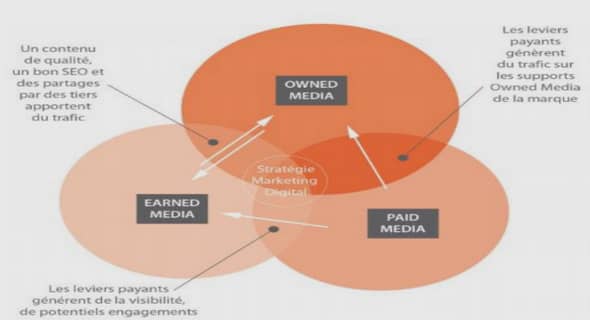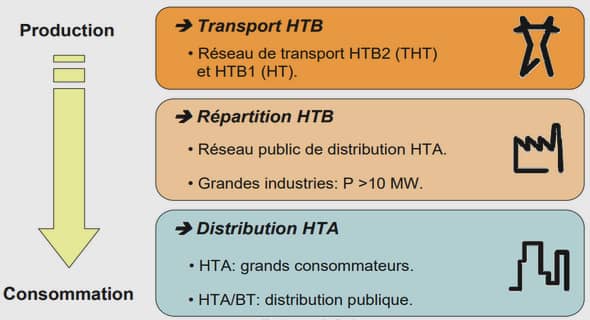The politics of budget formulation and execution
As noted in the introductory section, literature on budget processes and human rights converge on the importance of understanding the ways in which politics and power relations shape bureaucratic processes. The budget literature arrives at politics from the starting point of transparency and accountability. From a rights perspective, understanding politics and power are critical to the promotion of government accountability and citizens’ participation in budget processes. Participation is understood both as a right in itself and as a means of increasing the equitable outcomes of policy decisions. However, while transparency, participation and enhanced mechanisms of vertical and horizontal accountability are commonly acknowledged as important objectives, the realisation of these aspirations remains a huge challenge. It is increasingly recognised that technical solutions alone are unlikely to be successful in achieving these goals without accompanying changes in the politics of budget processes.
Studying the politics of the budget process essentially means examining the ways in which the distribution of power within that process affect the subsequent distribution of public resources. From a social theory perspective, the concept of power is in essence concerned with any form of asymmetry in human relations. In its traditional forms, political sociology emphasised structural power and the coercive capacity of the state. In practice both dimensions are relevant to the analysis of the budget process – power as formal structures, and power as the informal incorporation of dominant norms and values into information systems, the legitimisation of ‘knowledge’, operating procedures, and bureaucratic practice. The prevailing balance of interests and pressures in any system of public expenditure management is unlikely to reflect a pro-poor orientation in any simple sense. It is also unlikely to reflect an uncomplicated commitment to sharing information about the process, and including the excluded in decision-making processes. It is very likely that attempts to move in this direction will run into both overt and covert resistance, with adoption of formal commitments to policy goals by governments being insufficient to guarantee meaningful change. Ideally, therefore, for a development actor to understand the politics of a given budget process it would be valuable to have information about the following..
Chapter 2, above, deals largely with levels a) and b) of the above typology. A technocratic approach to understanding the politics of the budget process could be satisfied with this level of comprehension. At a practical level this kind of approach will focus on producing recommendations for a range of procedural measures designed to achieve pro-poor change in the budget process through strengthening the space for technical analysis through the transparent application of criteria of judgement. These are likely to include strengthening poverty diagnostics, basic institutional capacity and the integration of policy, planning and budget processes. For any development actor obliged to be careful about their level of overtly political engagement for constitutional reasons (which includes most official development agencies, as well as most developmental NGOs) this might be seen as satisfactory. In countries where the broader institutional and political configuration is not hostile to goals of widening accountability and strengthening a pro-poor focus, this may be an effective course of action to pursue. However, if the factors in levels c) to f) outlined above are pulling in the opposite direction (supporting vested interests within or outside the bureaucracy) then technical improvements in poverty monitoring and analysis are unlikely to be transformational in practice – and there are clear dangers in acting ‘as if’ the deeper levels of budget politics do not matter, as formal policy goals are unlikely to be achieved. Under these conditions a deeper level of political analysis can be helpful in seeking to identify significant stakeholders who may support pro-poor change, and changes that strengthen incentives for pro-poor action in budget execution as well as formulation. An incremental approach – seeking to build on positive elements of the existing policy framework which already have significant support – may be more effective than attempting to re-design policy from a poverty perspective from a ‘clean slate’.


